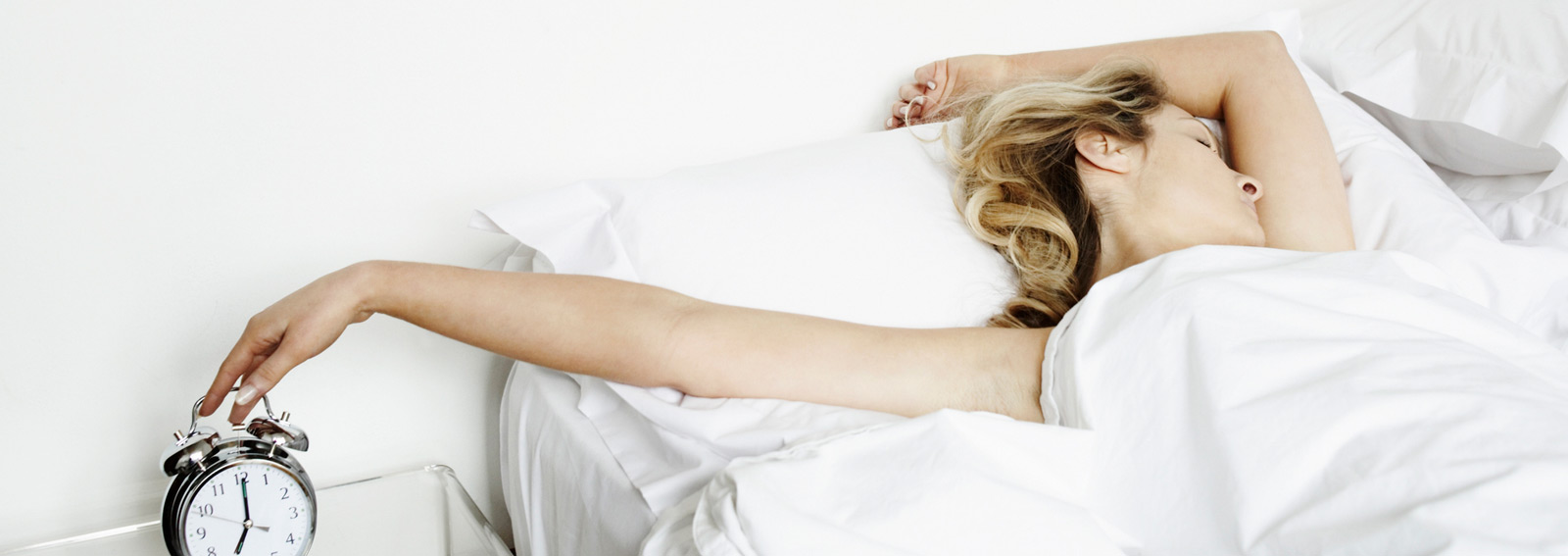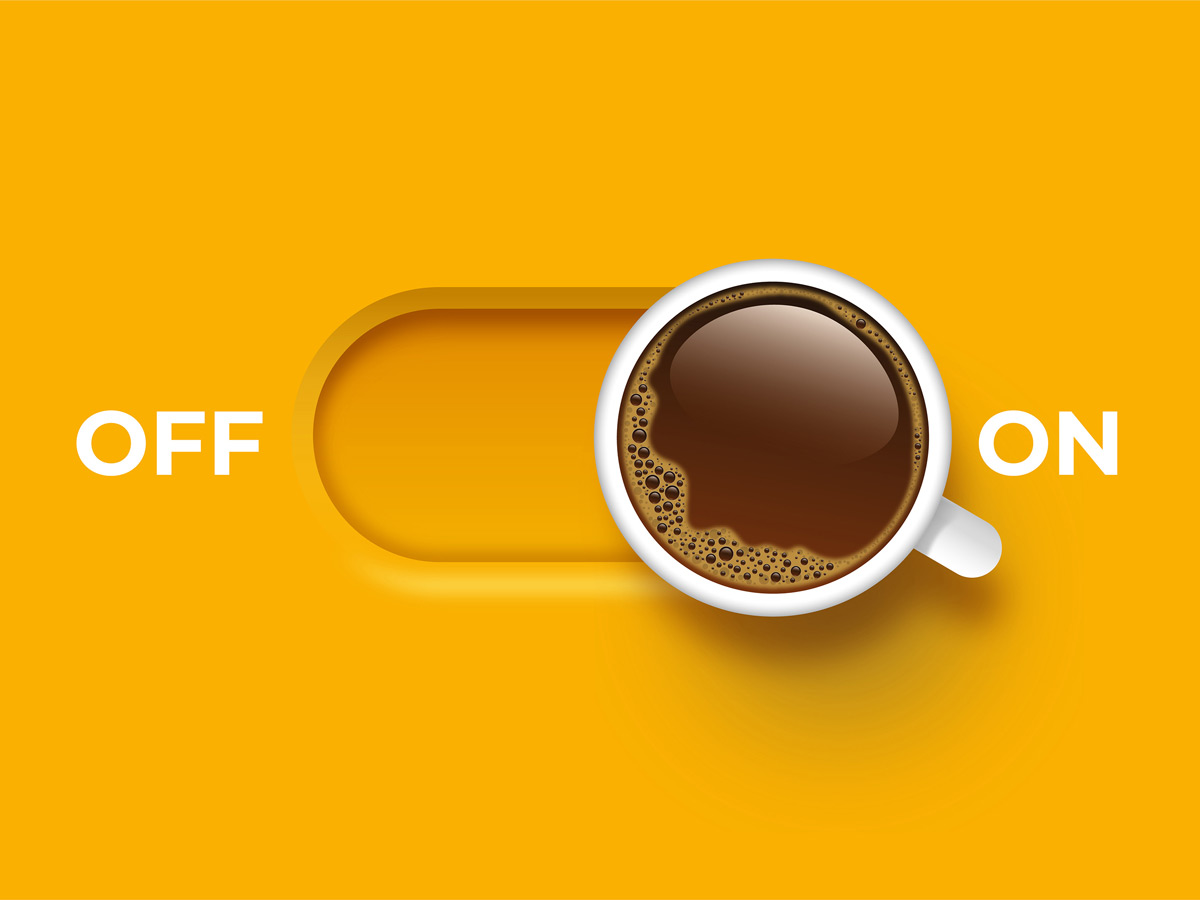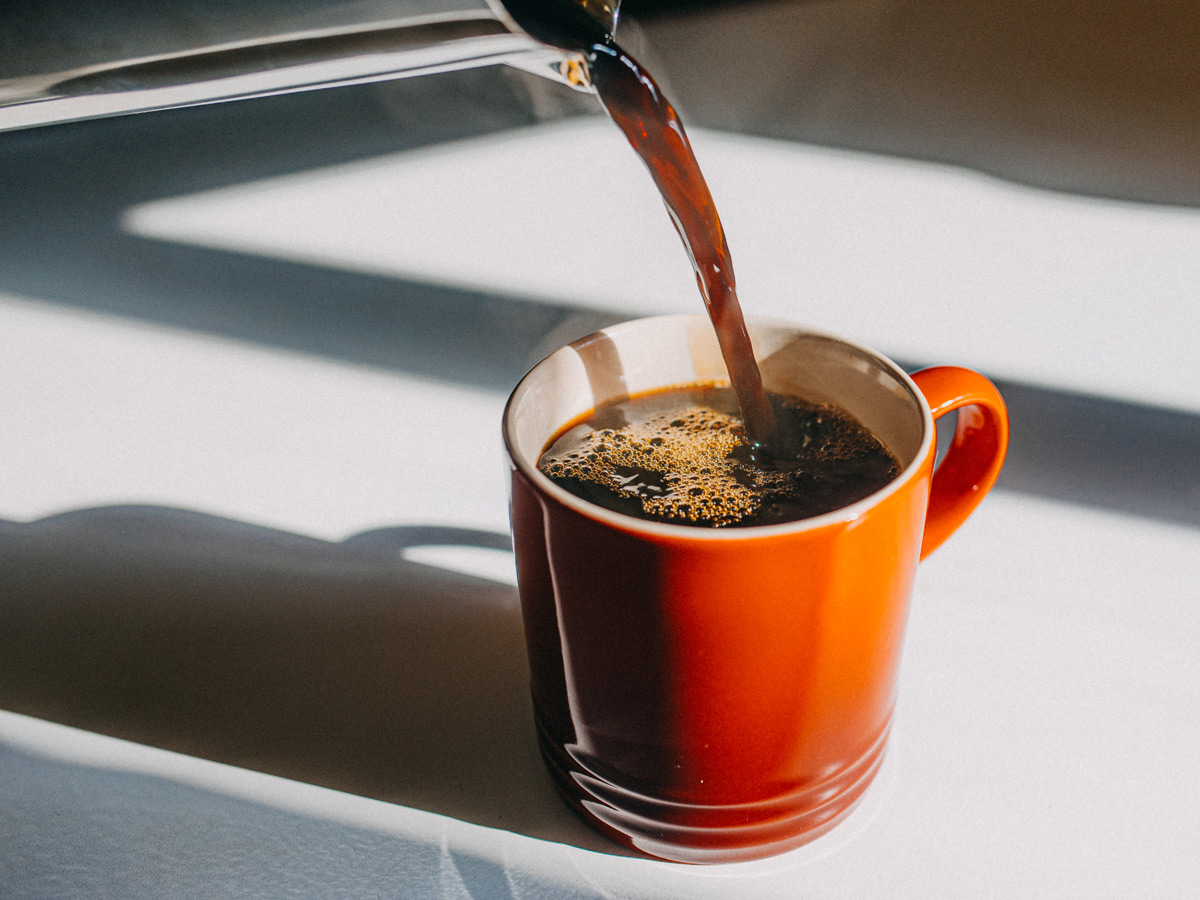

It’s not true that coffee keeps you from sleeping. Surprisingly, it can actually be an ally for better sleep.
Especially during this period, we often feel exhausted and tired, and we usually blame it on the time change. The truth is, along with daylight saving time, spring insomnia returns every year: during the day, we feel drained, and at night, we struggle to sleep.
This happens because the longer days inhibit the release of melatonin. Fatigue, daytime sleepiness, and mood swings are just some of the consequences of this period.
Caffè Borbone and Simona Cortopassi, a sleep influencer known as The Good Nighter, have compiled a series of tips on how to tackle this time of year with the help of coffee, a true ally in a cup against spring fatigue that can also help you sleep better.
“In particular, with the switch from standard time to daylight saving time, those who are more sensitive will suffer from morning sleepiness,” says Simona Cortopassi, The Good Nighter.
“Have you ever heard the saying ‘April, sweet sleep’? It’s not always the case. The increase in daylight hours influences the circadian rhythm, our biological clock that also regulates the sleep-wake phase. This leads to poor rest and constant tiredness, creating a vicious cycle that needs to be broken as soon as possible.”
5 Tips for Better Sleep

The Good Nighter‘s Tips for Better Sleep
These tips are valid all year round but especially during the seasonal change:
1. Set a regular alarm
Set your alarm for the same time every day, even on weekends, to give your body a routine.
The Best Time to Go to Sleep (According to Science)
2. Get some vitamin D
Take a 30-minute walk in the sunlight to synchronize with the new natural rhythms.
3. Take a warm bath.
Grandmothers used to say it, and now science confirms it: do it two or three times a week, soaking for an hour. The ideal water temperature is around 40°C (104°F).
4. Open the windows before sleeping.
Ventilating the bedroom for half an hour before going to bed can reduce the concentration of carbon dioxide (CO2) and improve sleep quality.
5. Take a coffee nap after lunch.
What is a coffee nap? It’s a classic afternoon nap that involves drinking coffee before lying down, a great solution to wake up feeling more refreshed and energetic.
“Caffeine taken just before a nap improves mental sharpness and concentration upon waking. But only if the coffee nap lasts no more than 20 minutes. Drink an espresso before your nap, as caffeine takes about half an hour to take effect and will naturally wake you up,” says The Good Nighter.
“Not everyone knows that coffee can help you sleep better and that there are many ways to enjoy a cup even in the evening.”

To sleep well, avoid coffee in the evening: FALSE.
Just don’t drink it on an empty stomach. Consuming coffee with a meal slows the absorption of caffeine into the bloodstream, reducing its stimulating effects.
Drinking decaffeinated coffee in the evening does not ruin sleep: TRUE.
Drinking a cup of decaffeinated coffee before bed is a good habit. The caffeine in decaf is enough to stimulate digestion, allowing you to rest without feeling weighed down. Since it is in minimal amounts, it does not ruin sleep.
Any type of coffee beverage after dinner causes insomnia: FALSE.
For those particularly sensitive to caffeine or who have trouble sleeping, a good solution is to try coffee cream, which contains less acidity and caffeine than classic hot coffee.
After 5 PM, it’s better to reduce caffeine intake: TRUE.
Caffeine helps you stay awake, but consuming it too late in the afternoon can disrupt your sleep. After 5 PM, reduce your caffeine intake to avoid compromising your rest. In any case, never exceed 4–5 cups a day.
For some people, coffee makes them sleepy: TRUE.
The duration of caffeine’s effect varies from person to person: the speed at which it is metabolized depends on genetic factors and lifestyle. For some, the evening coffee ritual equates to a relaxing pause, making it easier to approach bedtime.
The body takes hours to absorb caffeine: FALSE.
The body rapidly absorbs caffeine (99% within 45 minutes of consumption): people can feel its effects within minutes. But once the body fully metabolizes it, its effects wear off.
This article first appeared on Grazia.it – Author: Giada Borioli












